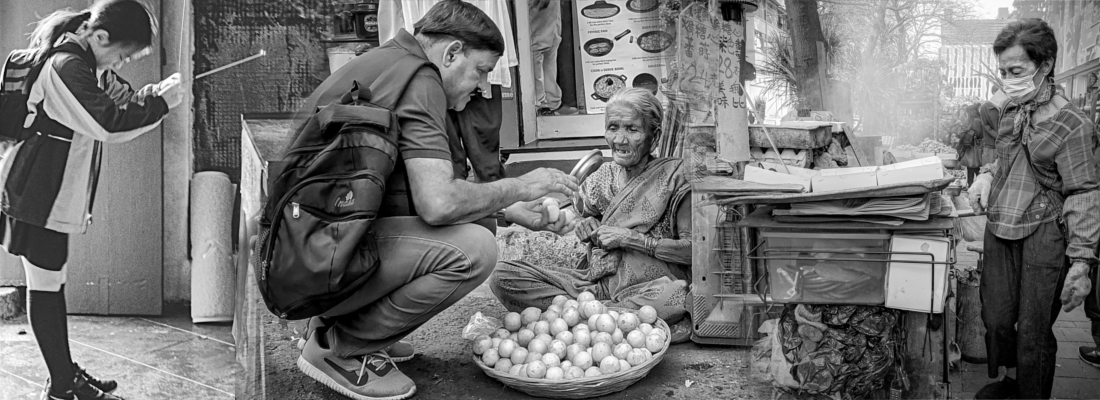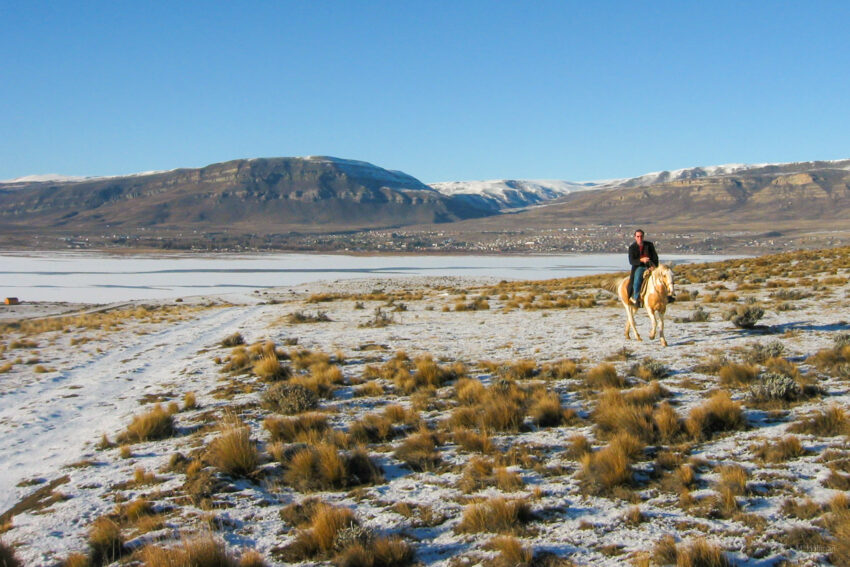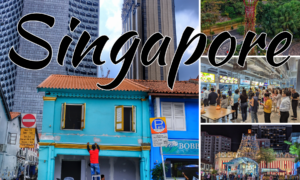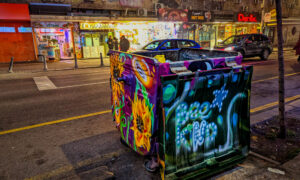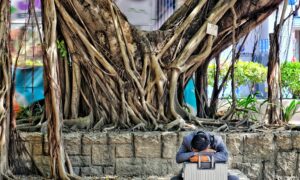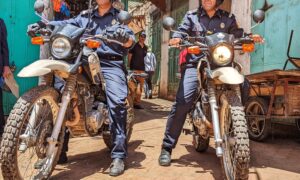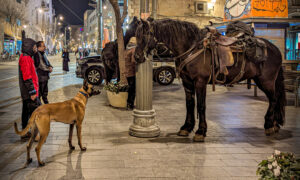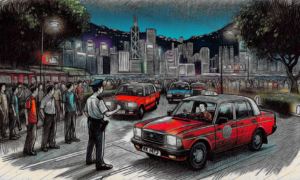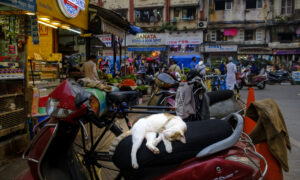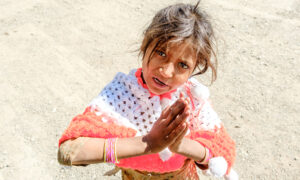I learned my first useful Spanish sentence while I was already in Argentina: Perdi mi pasaporte. “I lost my passport.” Because, well, I did, in southern Patagonia, a precious few hours before my return flight to Buenos Aires, and the day before I was hoping to fly back to New York. In what would turn out to be a poor decision, I had placed my passport in the right rear pocket of my jeans before setting out on horseback to explore the vast, empty landscape.
I was wide awake…
The loss of my passport prompted my second call to the United States embassy during my trip.
The first came while I was teaching in the northern Patagonian city of General Roca, a desert-like town founded in 1879 by order of Lieutenant General Julio Argenino Roca as part of the “take the desert away from the natives” campaign, officially known as the “Conquest of the Desert.”
As it happens, the decision to squelch the indigenous Mapuche people turned out to be both cruel and disadvantageous. The city of General Roca was first established in a region the natives called “deep water.” Had Mr. Roca listened to the locals in 1879, he might not have been surprised when, two decades later, the fledgling settlement was destroyed by deep flood waters from the nearby Rio Negro.
The conquest more or less worked, though, from what I could tell, at least inasmuch as the local spoken language was Spanish and not the native Mapuche language. It certainly wasn’t English. That was clear. Even at the English department of the university where I was teaching, English was in short supply. Signs on the walls offered a variety of creative if inaccurate English spellings. And both weak and strong students there had difficulty communicating in English. The English situation was even worse in town.
The Spanish-speaking city that greeted me was the second attempt at building an Argentine outpost near the Rio Negro, this one 3 miles northwest of the original, on higher ground.
It was there that I found myself walking back to my modest and non-English-speaking hotel, where I had a small room facing an inner courtyard. What the room lacked in view it more than made up for in too much heat, thanks to an overhead air duct attached to a heating system over which I had no control.
So my nightly routine consisted of climbing on the bed with a bath towel in hand, and carefully balancing as I used the towel to block the flow of hot air. It was a delicate maneuver. I needed to stuff the towel in far enough that the force of the air wouldn’t expel it, yet not so far that I didn’t have enough towel to block the entire duct. Fortunately, I had several opportunities to practice because the cleaning staff would remove the towel each morning.
I was contemplating the odd situation on my fourth evening in General Roca as I walked back from dinner past familiar sights: the streets that were absurdly wide for such a small city, a restaurant that thought more highly of its pasta than I did, a sports bar, a pharmacy, and the friendly inhabitants with whom I could barely communicate.
As a New Yorker, I can’t help but notice my surroundings, especially anything that seems out of place or potentially concerning. On my way to my hotel, the police outside the sports bar caught my attention. At first I didn’t know why. Police were not an uncommon sight. And while the police in Argentina were not to be trusted, neither were they especially to be feared by foreigners who left them alone. It’s true that rumors continued to circulate of ongoing nefarious police enterprises, including kidnapping and child pornography. And in 1991, the police had actually been caught running a kidnapping ring. But by and large the attitude toward the police seemed akin to how New Yorkers view drug dealers and other thugs— potentially dangerous, but no reason for panic unless your paths crossed. So what had concerned me?
It was their gun holsters, I realized. The holsters the police used for their sidearms were usually snapped shut. This particular evening the holsters were unsnapped, the guns at the ready. The police were preparing for action.
Exhausted, I filed the information away and continued to my hotel. I returned to my room, grabbed a towel, climbed carefully on the bed, re-clogged the heating duct, changed, read for a while, and then turned off the light for sleep.
Perhaps the most relaxed state a person can experience is technically called “hypnagogia,” from the Latin for “leading to sleep.” It comes right before full sleep, and combines the consciousness of wakefulness with the full tranquility and peacefulness of somnolence. That’s where I was, the last wisps of perception dissipating as slumber enveloped and caressed me when I heard the sound of someone on the street shouting, “No… No…! NO!!”
Then, BANG! BANG! BANG!! Gunshots!
I was wide awake, adrenaline having ripped me from near sleep to hyper-vigilant alertness.
I heard more shouting, and sirens. And more guns.
My window to the courtyard offered no visual clues to help me understand the unfolding tumult outside, or to help me gauge the size of the growing crowd that I heard. Nor could I call the hotel staff. They didn’t speak English. All I had for context was the police who had been on alert.
I wondered what to do. Perhaps it was routine. Perhaps gunshots were common in Argentina. Or perhaps it was the start of a coup. Argentina has never been known for its stability.
I had with me two cell phones. One, my American phone, was modern for its day, with excellent battery life, though it didn’t offer Internet. I could use it in roaming mode for $2.99/minute. The other was a used bootleg brick of a phone. (Argentine law at the time did not permit foreigners to purchase local phones.) On that phone I had a limited bucket of pre-paid minutes at a much more reasonable price, but also no Internet.
I used the local phone to call my colleague, both at home and on her mobile. There was no answer.
Again I wondered what to do.
I decided that I shouldn’t be a hero. I should call my embassy in Buenos Aires and let them where I was and what was happening. They would either tell me that I was panicking for no reason, I thought, or they would tell me that they were sending Blackhawks.
As it happened, they told me nothing. They couldn’t. There was no answer at the embassy. The phone rang a few times and then the line went dead. I tried again with the same result. And again.
Okay. Now there was a new possibility. Perhaps rebels had taken the capital. Unlikely, I thought. Certainly not something I should expect. But isn’t there a saying that no one expects the Spanish Inquisition?
